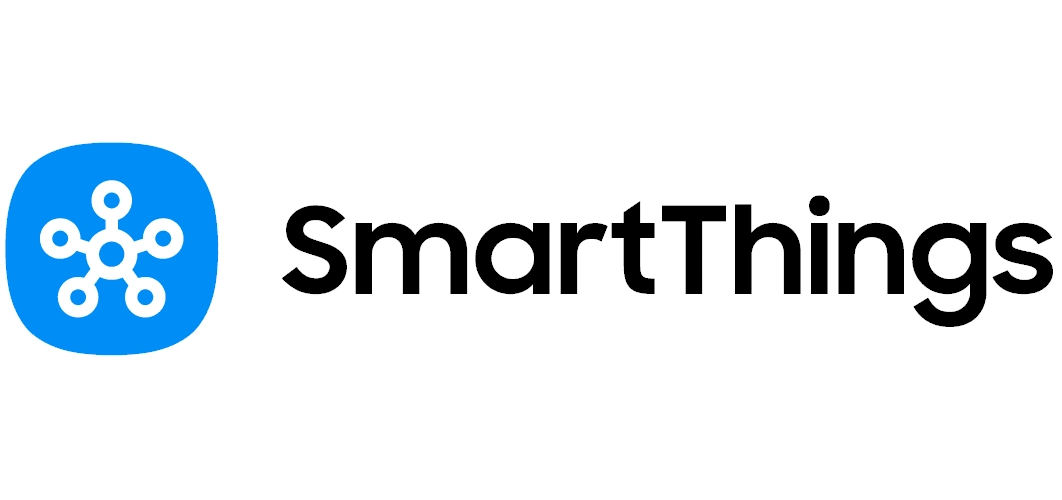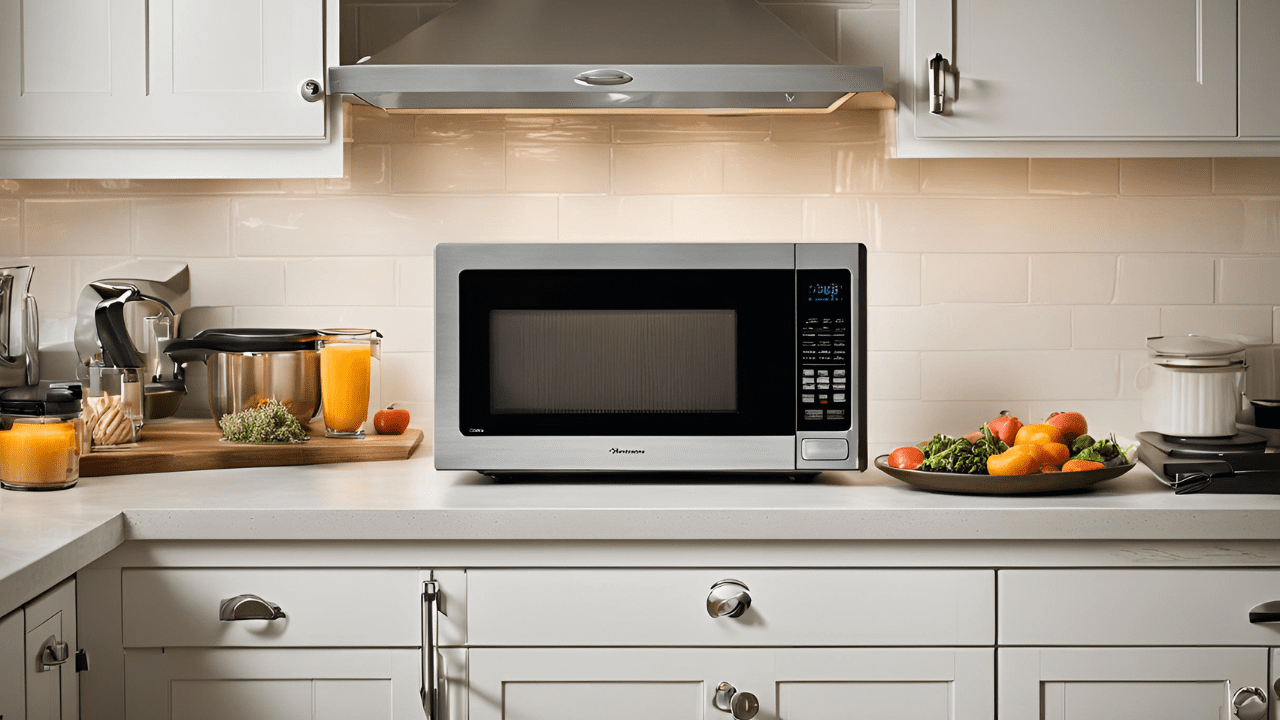HomeAssistant and SmartThings Embrace Matter 1.3
Samsung SmartThings and the open source Home Assistant have become the first platforms to support Matter 1.3. But hold on: wasn’t Matter 1.3 released in May 2024? It’s taken five months for adoption, so why is Matter adoption so slow?

Please note: This page may contain affiliate links. Read our ethics policy
The Matter standard is the best hope for smart home setups. Aiming to unify and unite disparate, proprietary platforms and systems relying on wireless-based communication, it promotes interoperability and enhances compatibility.
In short, it is the best way to get smart home gear from different manufacturers to talk to each other.
Samsung SmartThings and the open source Home Assistant have become the first platforms to support Matter 1.3. But hold on: wasn’t Matter 1.3 released in May 2024?
It’s taken five months for adoption, so why is Matter adoption so slow?
Home Assistant and SmartThings Lead
Matter updates from Home Assistant are becoming pretty regular, with comprehensive release notes accompanying each one. So we now know that the open source Home Assistant platform is supporting Matter 1.3’s power and energy sensors. This follows previous news on Matter 1.3, dating back to June when Home Assistant added support for some new device types introduced in Matter 1.3.
Meanwhile, Samsung SmartThings (while still not compatible with Samsung’s own appliances) has confirmed support for Matter 1.3. This appears to be a more general embracing of the standard, however. Rather than specify a portion of Matter 1.3 as Home Assistant has, SmartThings has instead stated that it is adopting the “Matter 1.3 standard.”
Tobin Richardson, Head of the Connectivity Standards Alliance (CSA), virtually announced that Samsung SmartThings was the first service to adopt the Matter 1.3 standard, playing a crucial role in the continued support and expansion of the Matter ecosystem.

It’s been five months since the Matter 1.3 standard was announced, bringing support for new device types including kitchen tech and EV chargers. We're already looking forward to Matter 1.4.
This begs some questions, namely: why is no other smart home platform moving faster toward Matter 1.3? After all, they’re all involved with its development…
What’s the Hold Up with Matter 1.3?
The following issues could be slowing down progress toward Matter 1.3:
- Vendor resistance: Despite involvement, it seems likely that tech behemoths are both keen on Matter and protecting their own platforms. Customer support for existing features unsurprisingly takes priority, as does protecting revenue models for companies like Amazon, Apple, and Google. Of course, updating hardware comes with costs, and it is likely that manufacturers don’t feel a fast upgrade to the current Matter specification represents a favourable return on investment.
- Technical challenges: As these tech giants produce a diverse collection of hardware and platforms, Matter implementation introduces a complicated factor which could limit interoperability with legacy devices. There is also the concern of certification and testing for Matter.
- Customer confusion: Matter is pretty anonymous beyond the smart home community. While some platforms (like SmartThings) promotes it as a key aspect, others tend to ignore it, and the only way you know you’re buying a Matter-compatible product is when you find the logo on the box. While Matter is geared towards simplicity, its existence complicates things in the marketplace, and demands education of salespeople, something that isn’t really happening.
- Ecosystem fragmentation: The smart home market was already fragmented when Matter came along. The lag between releases and smart home platform take-up of Matter is not helping to alleviate this. Instead, it simply adds a new element of fragmentation.
Why is Matter 1.3 Adoption so Slow?
Amazon Alexa, Apple HomeKit, and Google Home should at this stage all be highlighting their Matter 1.3 credentials. Instead, it seems that some selective support has been given to Matter 1.3, rather than embracing the standard fully.
Looking at the potential issues above, the obvious solutions would seem to be improved collaboration, enhanced customer education of Matter, and possibly even a simplified Matter certification process. More Matter 1.3-compatible devices on the market would provide a reason for these hang-back tech giants to support the platform faster.
As it is, we suspect that adoption of the latest Matter standards is going to center around each manufacturer’s big tech events, and even then may continue to be selective and sporadic.
If you want the full Matter 1.3 experience, your best options are Samsung SmartThings and the open source Home Assistant platform.
About the Author

Christian Cawley
Editor in Chief
Christian has been writing about technology since the mid 2000s, and has been published in numerous publications, online and in print. These include Android Magazine, Linux User & Developer, Linux Format, Tech Radar, Tom's Hardware, and Computer Active. From 2014-2024, he was a section editor and later deputy editor at MakeUseOf, before joining the Matter Alpha team. Christian enjoys old video games (mainly C64, Amiga, and MS-DOS), classic TV, and telling everyone who will listen that they should have a robot cleaner. When he's not shaping articles, Christian is a dad to three dancers, collects Lego, and is an avid home chef.